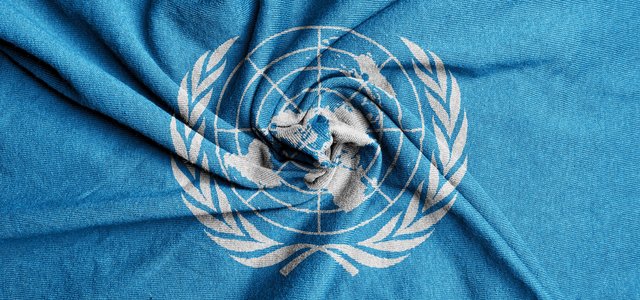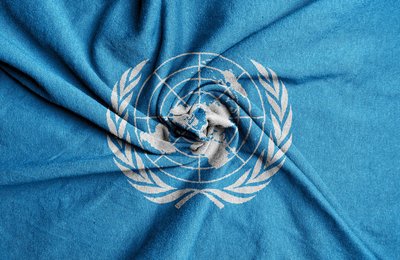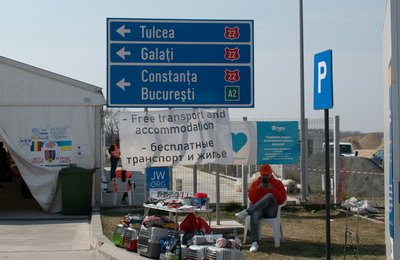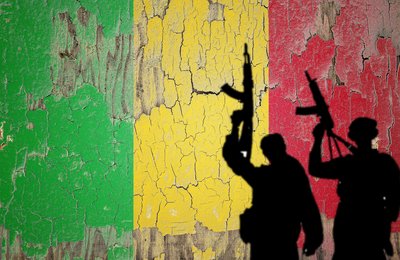Global Recognition, Local Reality: “Who Truly Advocates for Peace?”
The UN’s latest appointment underscores a critical question, are we celebrating words or the tangible work of those restoring peace on the ground?
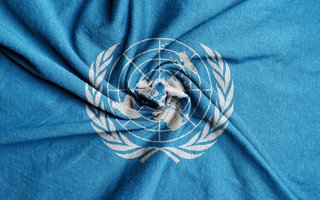
A voice for peace or an advocate for peace?
In July 2025, the United Nations announced the appointment of Nigerian poet Maryam Bukar Hassan as its first “Global Advocate for Peace.”
This endorsement, however, has stirred unease among many peacebuilders across the world.
It took me time and courage to write this because this is not about personal dislike or envy, but rather about fairness on behalf of a vast proportion of local peacebuilders who risk their lives on a daily basis for peace. Many of us who work tirelessly and risk our lives to promote peace today have experienced different violent scenarios, but we did not stop at just having the experience; we took responsibility to act through our initiatives.
The UN’s choice reflects a troubling trend: symbolic appointments that prioritize visibility and politics over expertise and lived experience. Ms Hassan, though an accomplished poet, has no verifiable record in peacebuilding, atrocity prevention, conflict mediation, or community reconciliation. Recognition should be earned through impact, not networks.
There is a clear difference between being a ‘Voice for Peace’ and an ‘Advocate of Peace’.
A ‘Voice for Peace’ inspires, influences, and uses their platform to promote messages of unity, compassion, and hope. Often through art, poetry, music, or public engagement, their impact is emotional and motivational. Their voice brings light to issues and reminds the world why peace matters.
An ‘Advocate of Peace’, on the other hand, works directly in communities, mediates conflicts, designs peacebuilding programs, and engages policymakers. Advocates are not only voices, they are actors, facilitators, and implementers who translate ideals of peace into real outcomes that transform lives through different conflict transformational processes and practice. Maryam Bukar Hassan, though inspiring, does not fall under the category of an ‘Advocate of Peace’. Her work aligns with the spirit of a UN “Voice of Inspiration,” amplifying peace through creative expression.
Yet, this highlights a deeper concern. To date, the UN has no department or mechanism that intentionally recognizes local peacebuilders through awards, visibility, or structured platforms. Even institutions like the United States Institute of Peace (USIP), once supportive, made recognition so competitive that local grassroots actors doing the hardest work in conflict zones hardly made it to the list.
At some point, one must ask: Why should a peacebuilder compete for recognition? Peacebuilding is not a competition, it is a sacred duty, the foundation upon which development, security, and justice rest.
I have lived and witnessed violence in many forms: families stripped of livelihoods, women dying in abusive marriages, and inter-religious and intercultural clashes tearing communities apart. These experiences shaped my journey as a peacebuilder.
During my National Youth Service in Nigeria, I met survivors of the Boko Haram insurgency, women who were psychologically broken, abandoned by government, and rejected by communities where they sought safety. They battled hunger, trauma, and hopelessness every day. Local peacebuilders stepped in with limited resources to restore dignity, rebuild trust, and provide pathways to healing. Those of us who live through violence and choose peace do not pursue fame or titles. Our work is unseen, but the communities we serve know our names. Peacebuilding is not a performance. It is not a speech, nor a poem. It is sacrifice, risk, and resilience.
The UN’s credibility is waning. It has struggled to address ongoing wars in Gaza, Ukraine, Sudan, and the Democratic Republic of the Congo. Yet, instead of strengthening grassroots engagement or supporting frontline mediators, it celebrates symbolism over substance.
In Nigeria, while communities reel from violence and displacement, the UN has chosen a figure celebrated more for poetry praise than for peace practice. It is painful to see institutions elevate visibility over vulnerability. How does her voice motivate peace? How many conflicts has it helped resolve? How many children in conflict zones know of her poetry? Her voice may decorate the UN’s image, but it does not heal real wounds. Maryam Bukar Hassan could have been awarded the title of “UN Voice of Inspiration for Peace” a fitting recognition for the impact she continues to make through poetry.
Closing Reflection
As the world faces new waves of conflict, displacement, and polarization, the UN and its partners must do more than promote peace, they must institutionalize recognition for those building it. Local peacebuilders, especially women on the frontlines, deserve intentional acknowledgment, support, and visibility. Their courage sustains communities long after the cameras are gone.
Recognition is not merely symbolic; it strengthens global peace efforts by validating local leadership and accountability. If the UN can honour goodwill ambassadors for arts, sports, and climate, then it can and should create a platform for Voices and Advocates of Peace, celebrating those transforming pain into purpose and conflict into coexistence.
Peace does not just happen, it is built, nurtured, and defended every day by those who believe humanity can do better.
This is not a call for recognition, it is a call for accountability and fairness.

